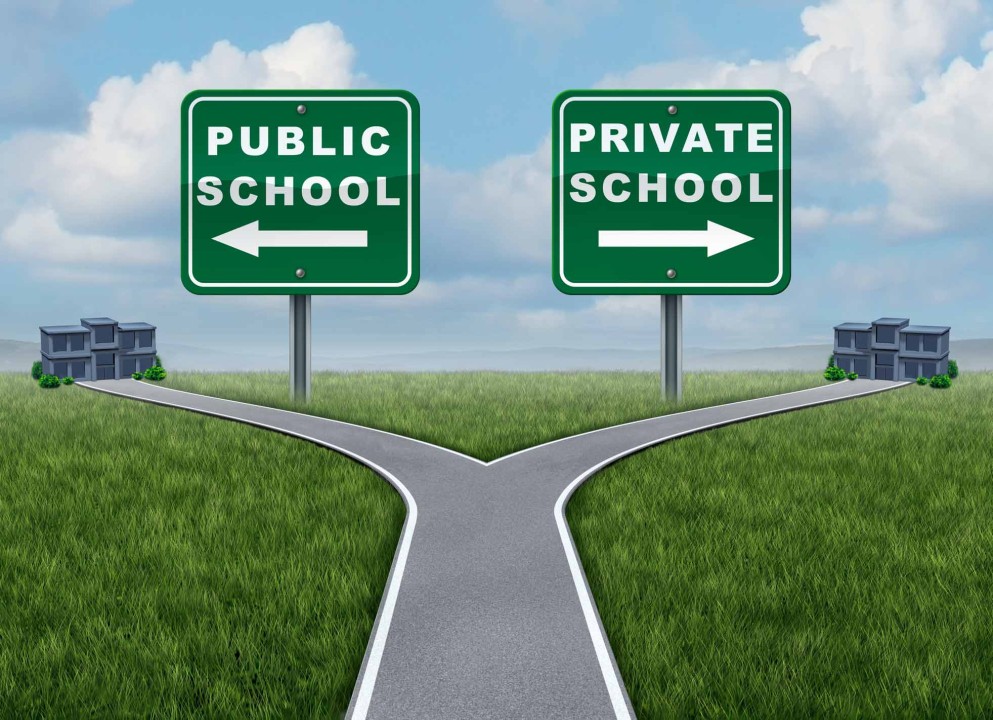Several of my friends are much better writers than I have ever managed to be.
A couple have the muse. They can write with rhythm and poetry in their prose. Others have stamina and can produce books in a moment, it seems, only to go on and produce another and another.
I take great pleasure from their work, mostly because I find myself ‘talking’ to them as I read. I just experienced that pleasure with Beyond the Mirage, recently written by a good friend, Arvind Nagarajan, working with a group of fellow-travellers he has collaborated with over many years at Pearson and elsewhere. Arvind has a deep understanding of affordable private education and he was the lead author and thinker behind a piece we co-wrote for budding entrepreneurs.
What I love about Arvind’s approach is that, during our collaboration, he never let a deduction or conclusion pass without wanting to check it thoroughly. The product was more accurate and much more straightforward because of that iron discipline.
His new work is longer and there is a different approach, sometimes gently argumentative, sometimes analytical and data-rich, and sometimes lyrical. What has not changed is Arvind’s search for the truth. Beyond the Mirage is first and foremost a tract containing an important argument about the value for nations of blending private and state education solutions. I am not sure that an expert team has tried to pull the strands of this argument together before, for clear dissemination.
And yet the evidence has been mounting for years. James Tooley has pioneered private sector solutions in emerging economies. School chains like SABIS, run on business lines, deliver shockingly good results at a fraction of conventional western prices (including government prices). Pearson’s Affordable Learning Fund has tracked highly successful providers in India, south Asia and Africa. I can name eight families in Dubai who humbly provide their own communities with schooling at a much lower cost that UK state schools, with much higher results, and these children are second-language learners from ordinary hard-working families.
At a time when governments have had to tighten their belts, it is surprising that more people have not woken up to these ventures.
What has been in the way has been history and ideology. Too often, attitudes to private education come from spending too much time looking back rather than forwards. In my own country, the UK, we have many world-class private schools – truly exceptional institutions promoting academic excellence and scholarship, character development and moral integrity, aspiration and service. But they are under almost constant attack, mostly for the fact that in our country’s past, many of them were also privileged and elitist in approach.
That mindset changed for them, many years ago. The schools are certainly geared up to educate those who can afford them but that means that parents from a range of backgrounds can work hard to put their children there; and bursaries help those who may otherwise struggle to pay.
Yes, we can get angry about the past and about the vestiges of privilege that remain for some. But, personally, I don’t find that a powerful or motivating force for change. My upbringing did not allow my parents to pay for my schooling. I put all my children through state education until I moved to a country where my youngest had to attend a private school because there was no other choice.
I haven’t got room in my life to tell other people how to spend their money. Instead, I recognise in my experience just how very hard it is to create a great school – or even a good one. It takes years. In my view, we should count to ten every time we even think about closing or causing unnecessary problems for a good school, whatever its provenance. By all means, ask it to open another site or to help others in need. Let’s think more about those tactics. But let’s acknowledge that giving in to ideology or anger over their achievements is not helpful.
Of course, this is a personal view. Each of us brings our personal perspective to education and that is one of the things that makes the sector so interesting. And so full of debate. It seems that no decision in education is free of unintended consequences. You sometimes make unintended enemies.
Which brings me back to Arvind’s new book. The passage that came alive for me – as one of the most intimate and moving passages I have ever read about an Education Minister and the decisions he faces – was the story of George Werner in Liberia, as he wrestled with a choice between traditional, and failing, solutions for his country and an innovative alternative. He listened to arguments that ran one way and then the other. And he listened, quietly and thoughtfully, to ordinary people explaining the choices they had, or wanted to have, in their lives. He chose a path that was not governed by history and ideology.
Sometimes, in education, poetry trumps the data.
In the course of the argument for a better balance of public and private schooling solutions in the future, the good news is that both data and poetry are helping to make the case. So long as you are open-minded and prepared to look.


